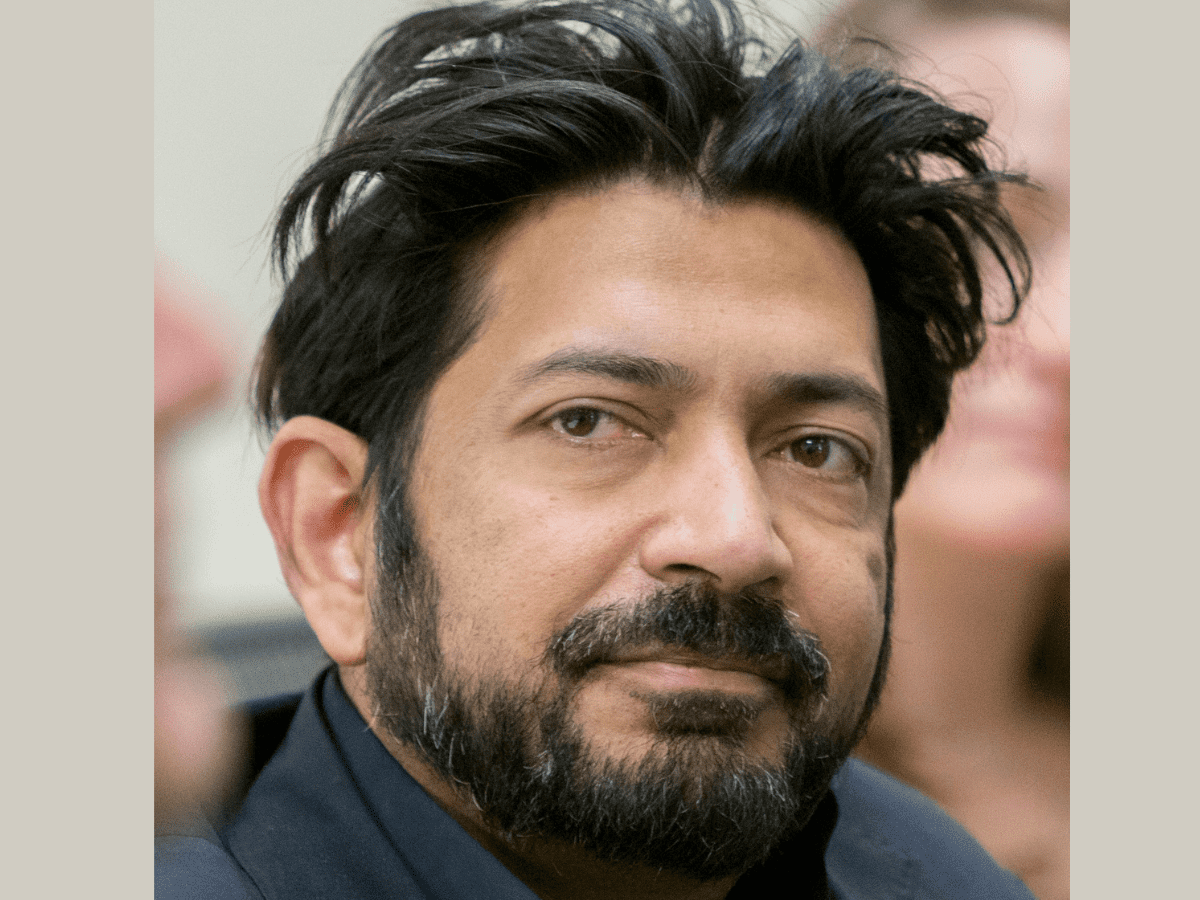
Kolkata: Pulitzer-winning author Siddhartha Mukherjee, a physician by training, on Friday said he feared that a new genetic sequencing identification technique could be used to identify and target political dissidents, besides solving crimes.
In conversation with another acclaimed writer Amitav Ghosh, Mukherjee said here that like fingerprinting mechanism, which was developed in Kolkata towards the end of the 19th century, the new technology could be used to determine who had committed a crime by obtaining the genetic sequencing of others present in the crime scene.
“Your genetic makeup is unique to you, extraordinarily unique to you. It’s not shared by anyone else unless you have an identical twin. Even fraternal twins do not share an identical genetic makeup,” Mukherjee told a gathering at a program held in Alipore Jail Museum.
Fingerprinting was invented as a mechanism of identification and works going on in the USA and the UK and certain other countries led to “genetic fingerprinting”, said Mukherjee, cancer researcher and the author of ‘The Gene: An Intimate History’.
“People are doing a lot of gene sequencing. Imagine that 10 percent of this audience voluntarily underwent genetic sequencing. And then a crime is committed by someone in this audience who was not genetically fingerprinted.
“There are mechanisms by which you can reconstruct through familial networks and track back to the person who committed the crime by tracking the genetic fingerprinting of those who voluntarily submitted their genetic fingerprints,” he said.
Revolutionising both forensics and criminology, this has now been widely used in solving “30-40 unsolved so-called cold cases”, Mukherjee said without elaborating.
The flip side is that the same technology can be used to identify migrants, political victims and dissidents, he said.
“If you flip the coin around, the technologies that appeared to set us free become the technologies that entrap us,” Mukherjee said at the ‘Prologue’ program of the Tata Steel Kolkata Literary Meet which will be held from January 21 to 26.
The oncologist read an excerpt from his latest book ‘The song of the cell’.
Ghosh, whose recent books include ‘The Nutmeg’s Curse: Parables for a Planet in Crisis’, ‘Jungle Nama’ and ‘The Gun Island’, was in Bangladesh recently and will be visiting the Sunderbans delta soon, the landscape for some of his writings.
